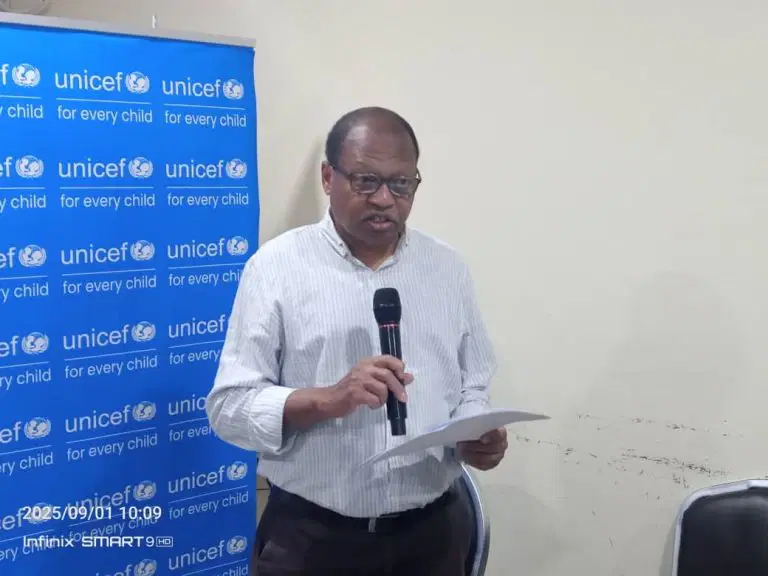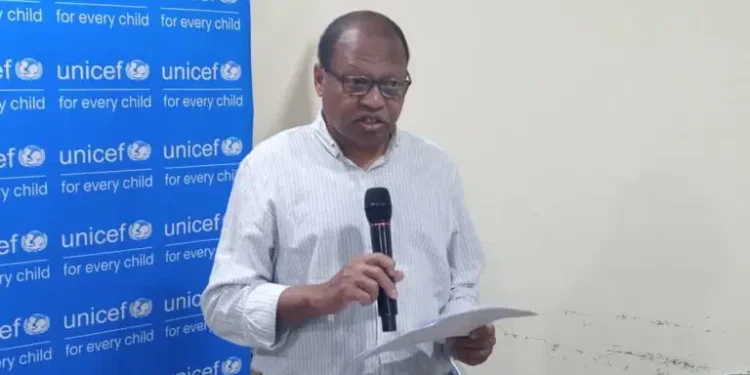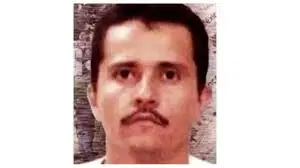The United Nations Children’s Fund (UNICEF) has called on journalists in Nigeria to maintain high ethical standards when reporting on vulnerable and traumatized children. This appeal was made during a two-day training session for selected media houses on ethical journalism practices concerning children in Nigeria.
UNICEF emphasized the importance of protecting the identities of children who have suffered attacks or domestic violence. Exposing their identities through names or photographs could exacerbate their trauma and subject them to ridicule. Journalists are advised to exercise caution and conduct interviews with child victims only in the presence of their guardians and a psychologist.
Responsible journalism can play a significant role in promoting peace and building trust with readers. Conversely, unethical reporting can worsen situations. UNICEF stressed that journalists who apply ethics in their work contribute to creating a safer and more supportive environment for children.
UNICEF’s core mission is to protect children worldwide. The organization brought together journalists from Northwest Nigeria for training on ethical reporting, particularly when it involves children. Participants included correspondents from Kebbi, Sokoto, and Zamfara states.
The training aimed to equip journalists with the knowledge and skills necessary to report on children’s issues in a responsible and ethical manner. By doing so, UNICEF hopes to promote a culture of responsible journalism that prioritizes the well-being and safety of children.









